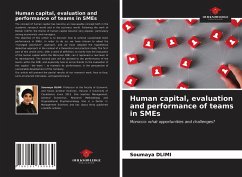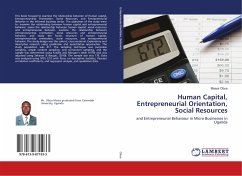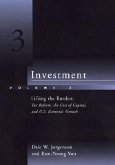The concept of human capital has become an inescapable concept both in the academic research world and in the business world. Following the work of Becker (1975), the theme of human capital became very popular, particularly among economists and managers.The objective of this article is to discover how to achieve sustainable team performance in SMEs. In order to do so, we have chosen to adopt the "managed positivism" approach, and we have adopted the hypothetical deductive approach in the context of a theoretical and practical study. The first part of this article aims, after a work of definition, to clarify how the evaluation of the human capital within the Moroccan SME, can it represent a real lever of its development. The second part will be devoted to the performance of the teams within the SME, and especially how to arrive thanks to the evaluation of this capital - the team -, to maintain its performance, in the perspective of sustainable development of the company.Our article will present the partial results of our research work, face to face, semi-structured interviews, and questionnaire.
Hinweis: Dieser Artikel kann nur an eine deutsche Lieferadresse ausgeliefert werden.
Hinweis: Dieser Artikel kann nur an eine deutsche Lieferadresse ausgeliefert werden.








